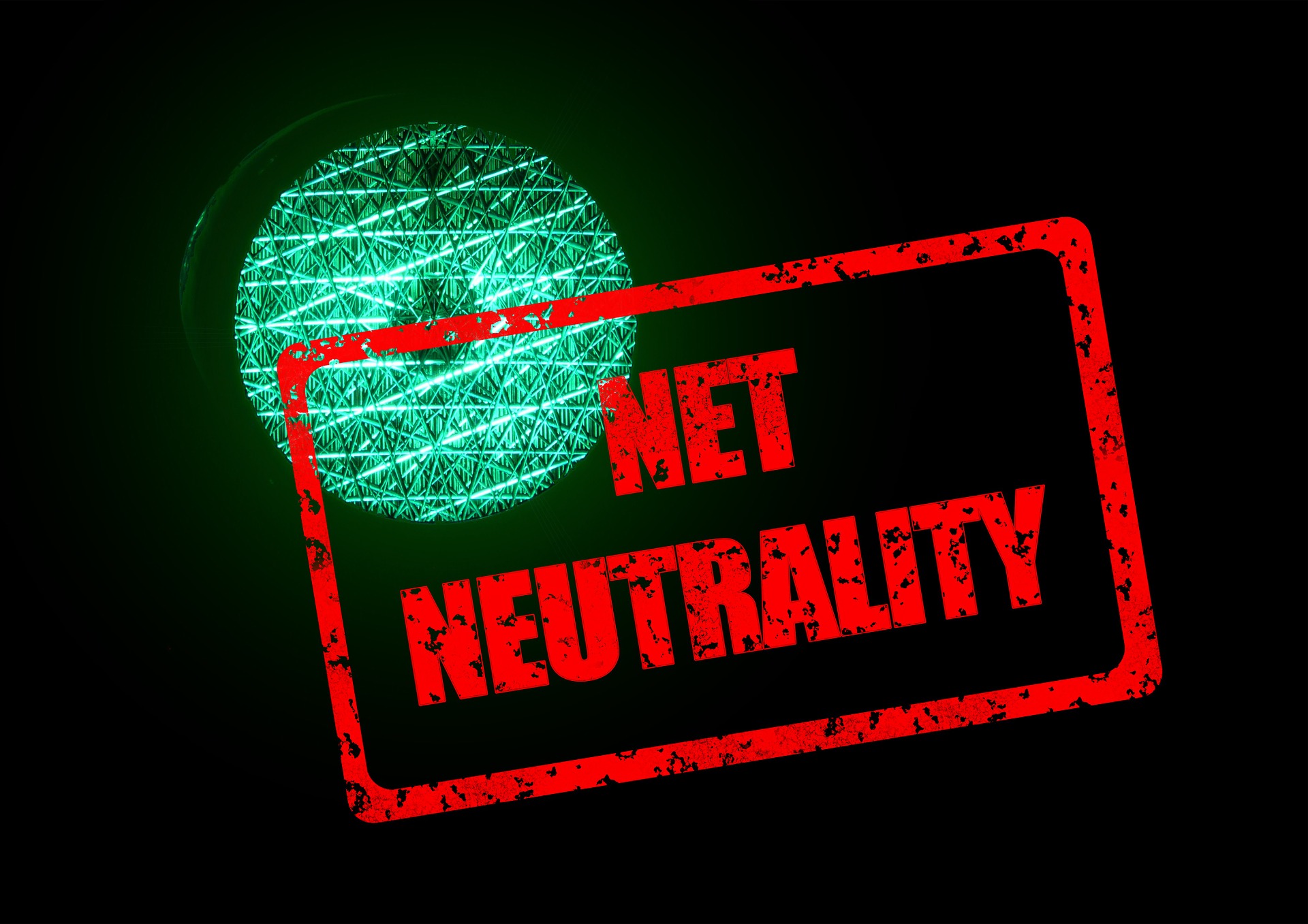The ill-winds of populism are again blowing across the American political landscape. This thin veneer of ideology only seeks to divide people, diving a wedge between “the people,” presented as the forces of good, against “the elite,” portrayed as evil. The most recent iteration of this divisive approach to politics has grabbed the handle of a big government legal sledgehammer called antitrust law, to wield against successful American enterprise, the technology industry and ultimately Californians.
Antitrust law in the United States is a combination of several federal and state laws. One of those is the Sherman Act of 1890, which was designed to prohibit the abuse of monopoly power. Other notable parts are the Clayton Act of 1914, which seeks to restrain an organization on price and sales, and the Federal Trade Commission Act of 1914.
Populist politicians in the U.S. have begun to sound like their counterparts from around the world. As recently quoted in BusinessWeek, Sam Weinstein, an antitrust professor at Benjamin N. Cardozo School of Law said it this way, “At some point these companies get so big…you start to think, ‘Who’s holding the reins here?’” The recent government moves are, he says, “a reminder to these companies, ‘We’re holding the reins. You may be very big and very powerful, but we’re going to remind you who’s boss.’” That is a good reduction of the “debate,” except Professor Weinstein is referring to what is happening in China, where the Communist party is concerned about whether government can dominate society.
Here in the U.S., Senator Josh Hawley has regularly had similar statements but in October put it more succinctly on Twitter as he placed his personal desire and impulse ahead of the marketplace, “I’ve had enough. Break Facebook up already. It’s time.” This is no more thoughtful than so-called “cancel culture.” While perhaps the most obviously personal, that is not even the worst push for expansive government.
Reportedly, Democratic Representative David Cicilline, Chairman of the House Subcommittee on Antitrust, Commercial and Administrative Law is crafting legislation based on a broadly criticized report he authored this year regarding “competition in digital markets.” The report has been widely rebuked by those who favor facts and objective metrics over political whims. The new legislative proposal will likely face the same rebuke.
His proposal would entitle the federal government to intervene in the market, break up companies, and demand financial settlements to protect “workers, entrepreneurs, independent businesses, open markets, a fair economy, and democratic ideals,” whatever that means. Others have argued for breaking up companies with antitrust measures if they do not have the “right” privacy protocols in place. In sum, such proposals are “cancel culture” gone government. Do the wrong thing according to some and then you will be stricken from history.
This approach hardly seems to serve consumer welfare. In fact, consumer welfare is diluted as everything and anything can form the basis for government intervention into an industry or a particular business.
Free does not harm citizens. Paying less is a badge of pride for working Americans. Switching to a different product with the click of the mouse is empowering and easily done today. Californians likely support companies beating up each other in an effort to deliver to them better, cheaper, or even free products or services.
They also support more job opportunities in the state. Ranking first in net tech employment according to CompTIA with nearly 1.9 million technology sector jobs, California stands to suffer a major economic blow if the populists have their way. Breaking up the innovation industry to suit Washington, DC will negatively harm consumers. The small businesses that have come to rely on services from the technology industry to grow their own enterprise will be left in the lurch. Jobs will be lost, consumer choice limited, and prices will increase. This would occur just as the state tries to make it through and then recover from COVID and the economic lock downs.
Cancelling technology using the antitrust ax is not sound public policy, no matter how much it might appeal to populists. In the end, tearing up tech will only serve to tarnish the Golden State.
Bartlett Cleland is a senior fellow in tech and innovation at the Pacific Research Institute.

